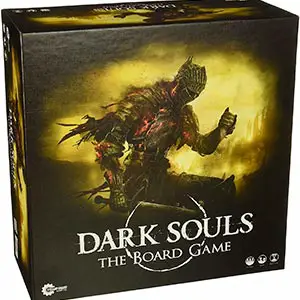The Dark Souls Board Game is a board game that was released in April of 2018. It is a cooperative dungeon crawler, where players work together to defeat the boss and then defeat all other enemies on the level before advancing onto the next one. Players move from room to room on an 8-level modular board, fighting monsters and solving puzzles until they finally reach the boss fight.
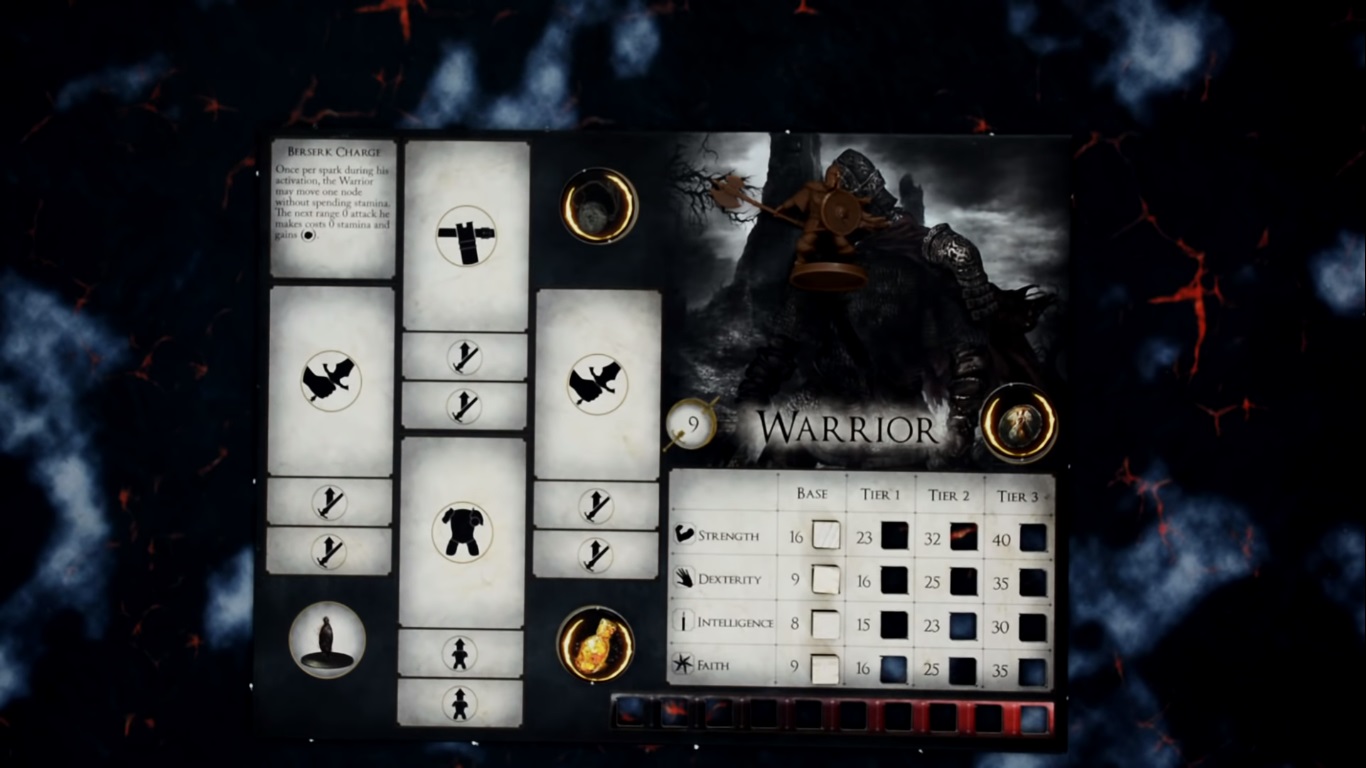
If you are interested in getting this game for yourself or as a gift for someone else who loves playing video games but would also enjoy a challenge through tabletop gaming, make sure you read this article! We will discuss what comes with your purchase, how to set it up, and get started with learning the rules of gameplay.
Winning (or Losing) the Game
There is a lot of luck involved in the game, especially when you are just learning how to play. Because there are so many different cards that come with your purchase and each one has its own effect on gameplay, it can be overwhelming at first. However, once players get used to knowing what every card does they will have an easier time making decisions about their strategy while playing.
There are even some situations where certain items may not work well together or against other things that you would expect them to based on the name.
Investigator Overview
There are multiple different characters that you can choose to play as in this game, including the Herald, Mercenary, Thief, Assassin, Hunter, and Deprived. Each one has their own stats that they start out with which affects how much damage is done when they attack enemies or how many hits it takes them before being knocked down or killed.
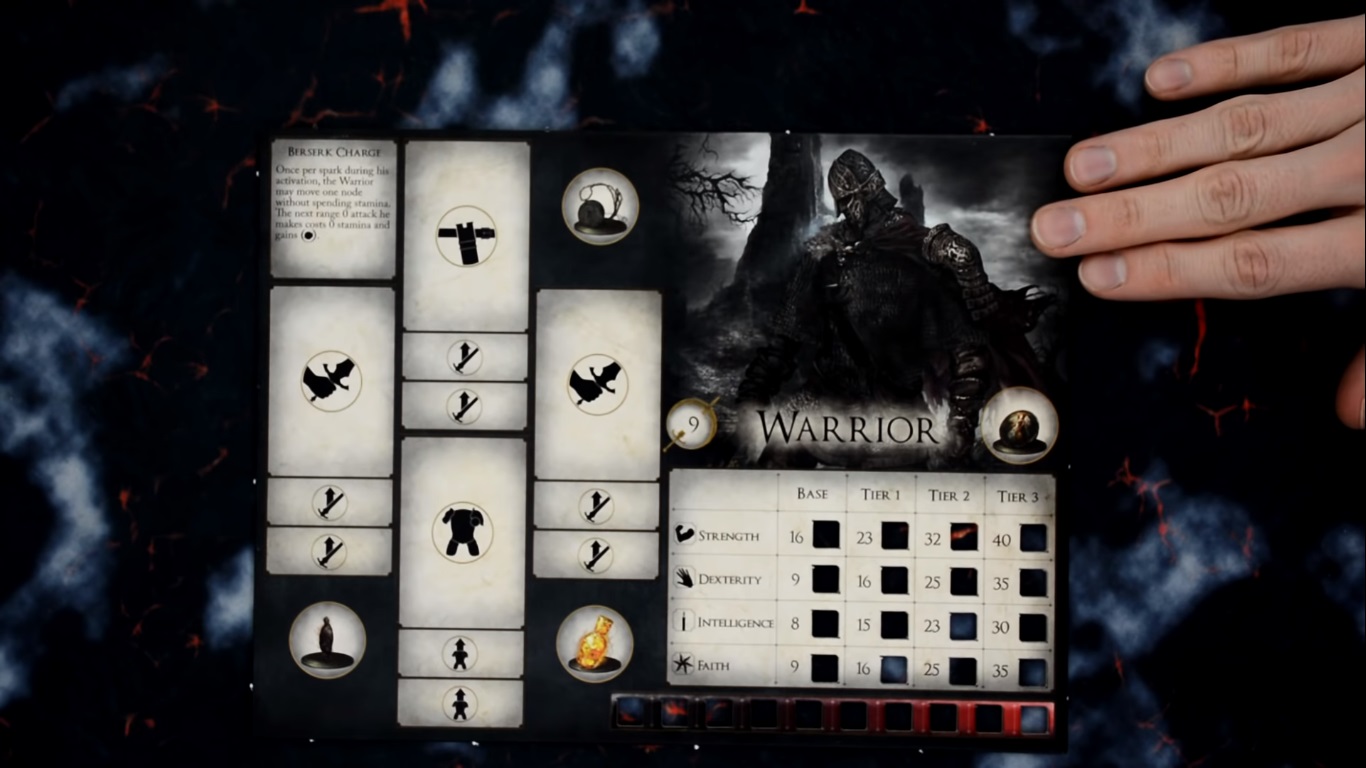
The most important thing about playing through all of your games is learning what works well with your strategy so far and changing things up accordingly depending on whether you win or lose fights along the way. For example: If a player successfully defeats an enemy but there are still more left on the board then they will have to move onto the next level.
The Game Phases
The game consists of three phases: the planning phase, the movement phase, and then finally combat. The player who is chosen to go first in each round will choose whether they want to be aggressive or defensive (meaning that they can either attack an enemy on their current level or not). Then all other players decide if it would be better for them to do so as well based on what items are currently equipped onto whoever was being aggressive.
The Planning Phase
In the planning phase, players who are not being aggressive can choose to use their action point to do one of three things: search for traps/secret doors (which requires you to roll dice), heal themselves or other characters on their level (healing costs Souls depending on your character’s Soul Level stat) and finally equip items that they find during gameplay onto their current equipment card.
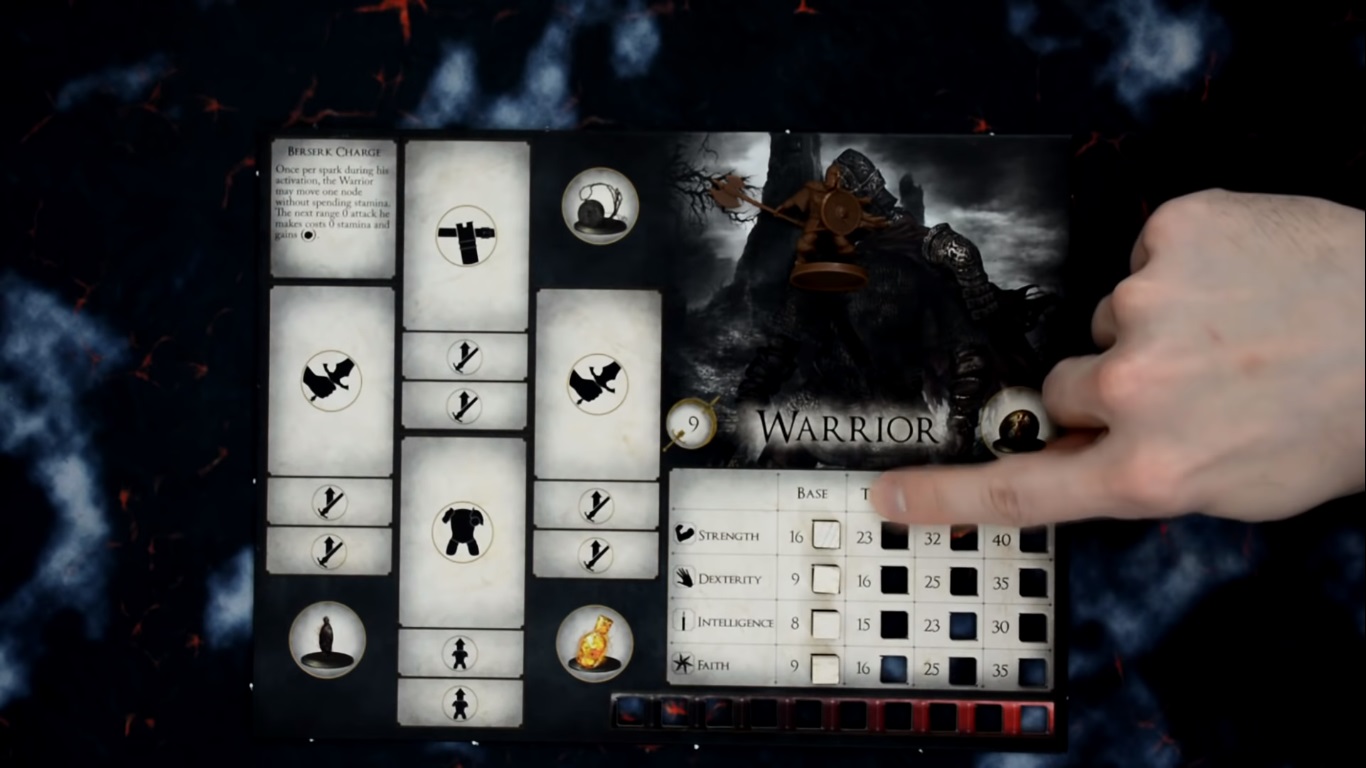
Alternatively, players could move through a secret door instead without spending any action points at all if they wanted. The only thing is that they are not allowed to do this for the rest of the level.
The Movement Phase
In this part, each player can move one space in either direction (forward or sideways) on their current level without using any points at all.

Also, note that players who choose not to be aggressive during planning still have the option of doing so here but only with whatever equipment cards they currently hold onto. The last thing about the gameplay is combat which occurs when two characters are close enough together from opposite sides of a wall or other obstacle/card. In this case, each player will be able to play a card from their hand in order to attack or defend during that round depending on what the situation calls for.
The Combat Phase
Some of these cards can do direct damage while others may require you to roll dice instead and also keep in mind that any character with equipment cannot heal themselves without getting rid of all items first! Once everyone has finished having their turn then whoever was killed/knocked down gets back up again but if another enemy is nearby they may choose to continue fighting them at full strength (or not). If there are no enemies left after everyone makes it through one round successfully however then the game moves onto the next level where players start out with fewer Soul Level Points and continue fighting their way through the same process!
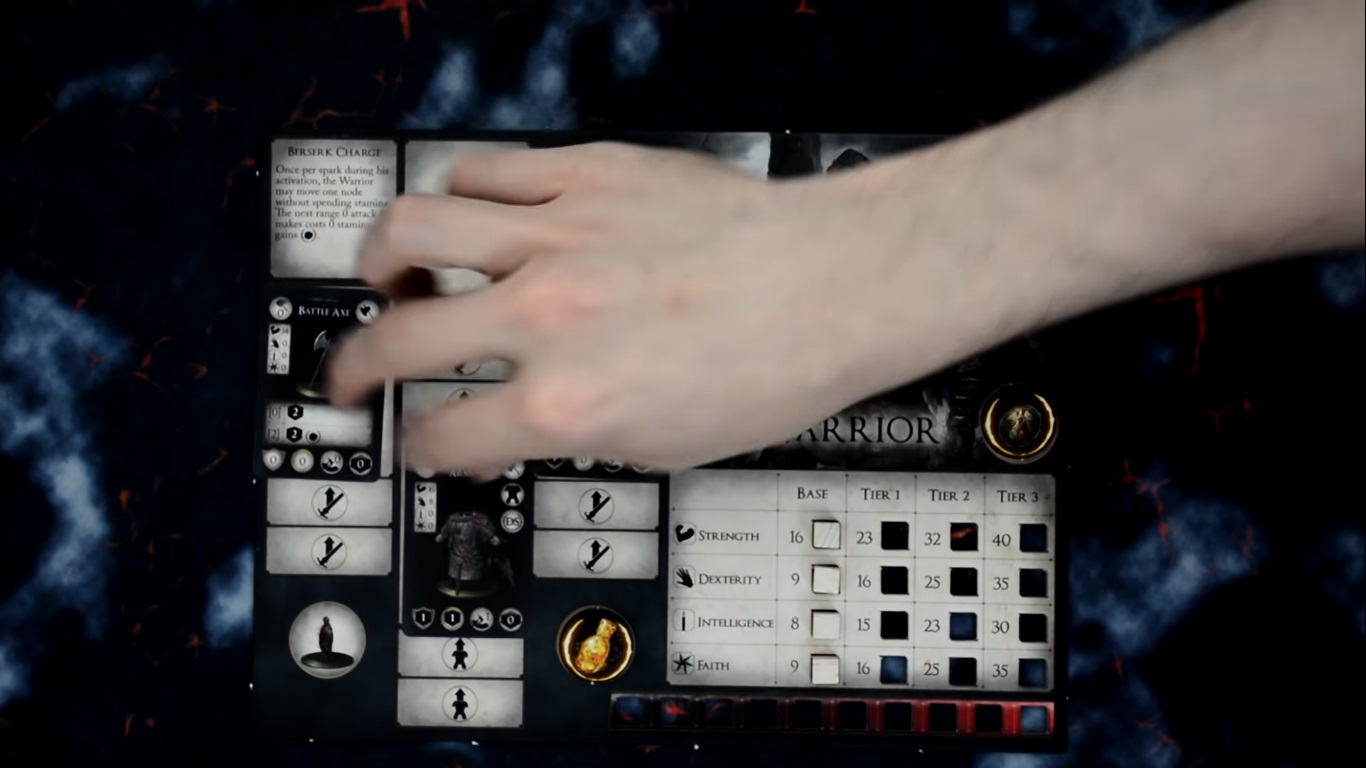
Dark Souls: Board Game Rules
Step One – Setting Up Terrain
In order to get started with the Dark Souls board game, you will need a minimum of two decks from which you can build your own personal deck out of. The first one should consist of enemy cards while the other is where all weapons and items go in. You may also include an extra lore deck if you like (which consists of different types of NPCs) but it’s not required for gameplay!
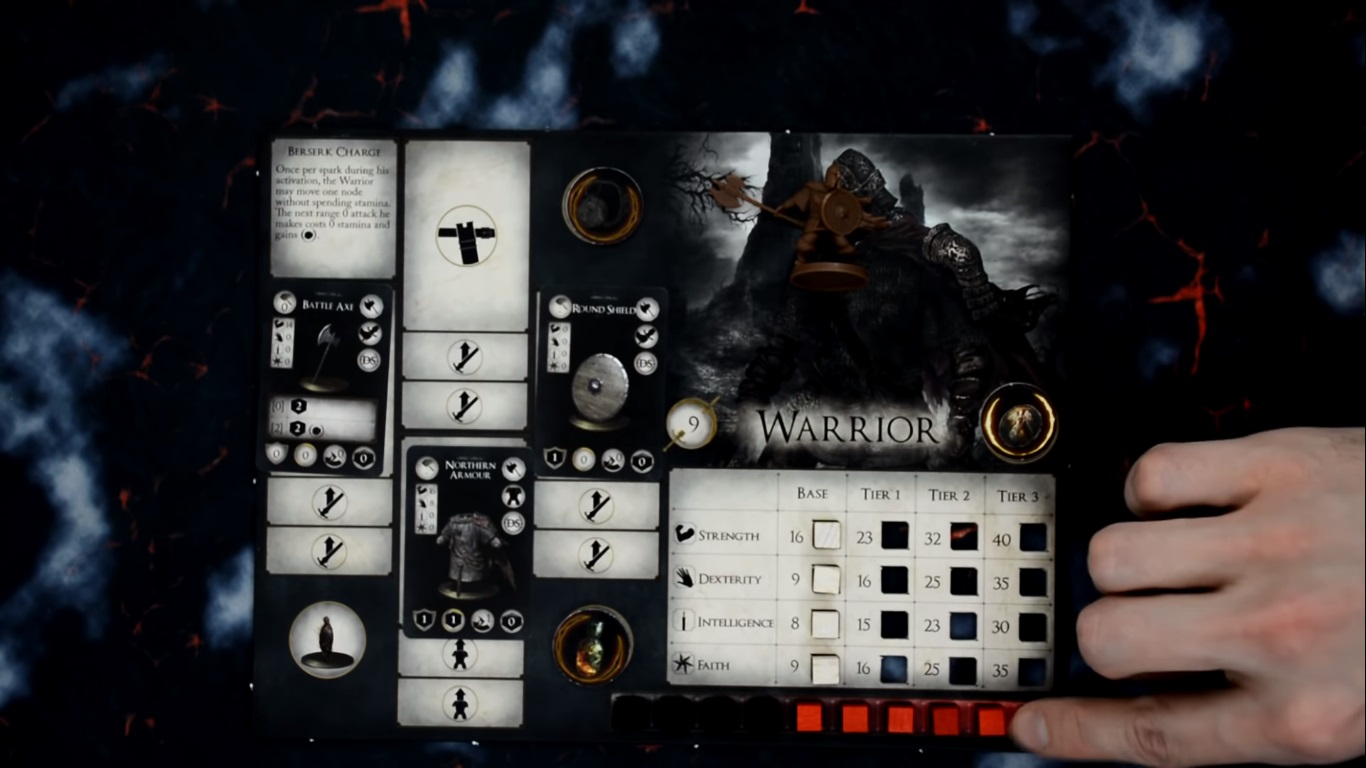
When it comes to building your custom deck, keep in mind that you can choose what goes inside here as long as you follow these rules: there have to be at least two NPCs (one good and one bad) along with four enemies for every character playing AND all cards must match up accordingly by level number or category! The last thing about setting things up is placing terrain on top of certain spaces where players will need to move but take note that this doesn’t always have to happen if no obstacles are available when putting together your own personal decks.
Step Two – Choosing Characters
After sorting through everything mentioned above then everyone chooses their starting characters randomly which should consist of one main hero and two supporting characters (the number of total Soul Level Points they have to spend). If no one wants this then just choose randomly until everyone has chosen the same “team” for themselves.

Step Three – Drawing a Treasure Map!
Once all players have been determined as well as their starting positions on the board, you can now select from four different treasure maps that were included into your custom deck at random before revealing it which will show where up to three traps or secret doors are located throughout each level. These spaces also need to be replaced after being revealed so take note of what is placed there during gameplay going forward. The last thing about setting things up is placing terrain on top of certain spaces where players will need to move but take note that this doesn’t always have to happen if no obstacles are available when putting together your own personal decks.

Step Four – Playing The Game!
All players start out in the lower right corner of their starting position (with all NPCs and bosses facing them) while terrain such as traps or secret doors should be placed directly across from each other on opposite sides of a wall/object unless stated otherwise during gameplay so everyone knows what is going where.
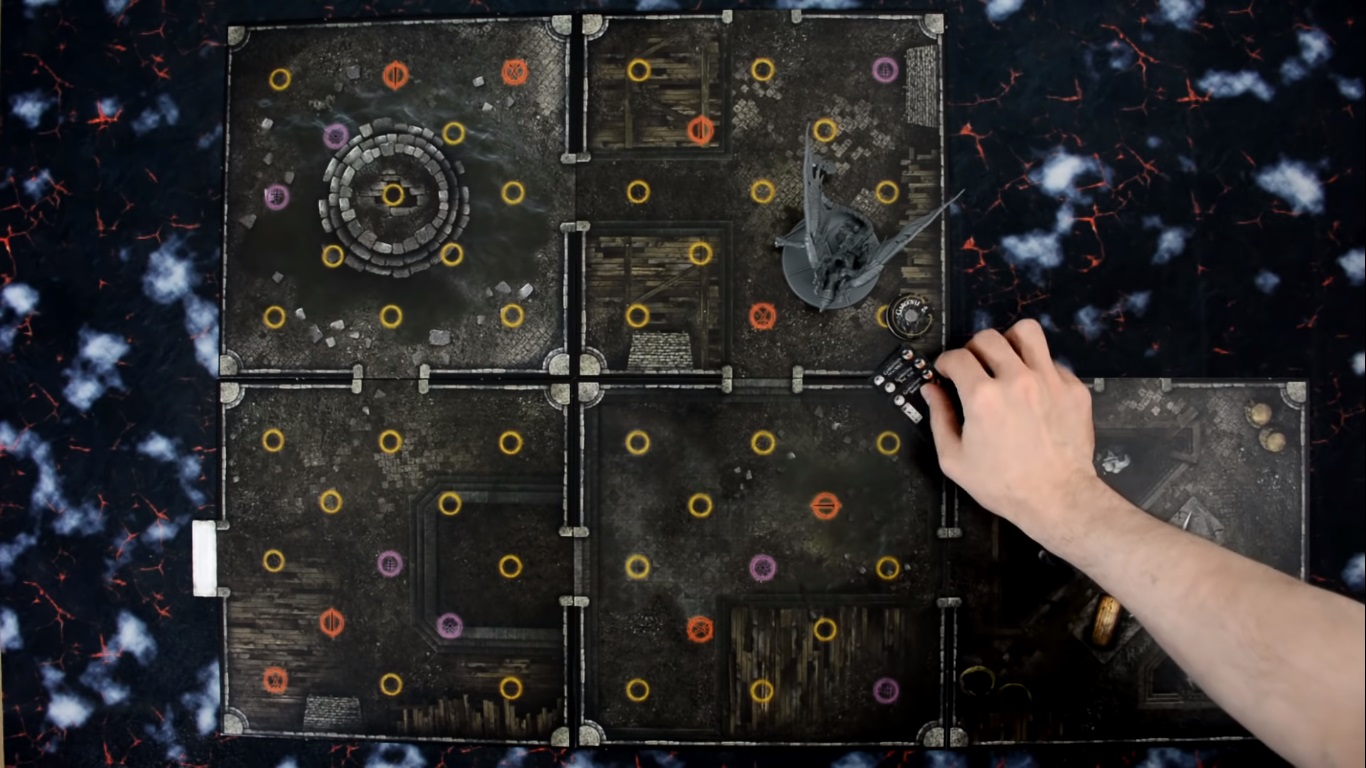
At the same time, place Soul Level Point tokens into each character’s designated space which can also give you an idea about how much damage they will do for certain cards in relation to their number value along with any additional effects these weapons may provide. Once all players have had the chance to look at their own cards then everyone can now choose one of two different actions on each turn which are as follows:
- Attack! Players select an enemy card from their hand that matches up with a specific character’s weapon/armor, play it face-down onto any space on the board before revealing what was just placed. After this has been taken care of, every player must make sure they roll for initiative (determined by Soul Level Point tokens) in order to see who will be able to attack first during combat.
- I’ll Play A Spell! All spells or magical effects stated under your characters’ spellbook should be used here and these cannot cause damage unless otherwise noted but do keep in mind that this action costs two Soul Level Point tokens to use. If you do not have enough then you cannot play any spells but that doesn’t mean other players can’t either!
Step Five – Damage Resolution! How To Kill Stuff
Now comes the fun part where all cards are turned face-up for everyone else to see before their effects take place which will often depend on what is stated in its card text so pay attention here closely if there’s anything special about how it works or when your turn is over after everything has been resolved. Some things may require multiple steps while others only happen once and every player needs to keep note of each one they resolve because certain actions/effects might change depending on who attacks first at times (even if it’s the enemy card you are attacking).
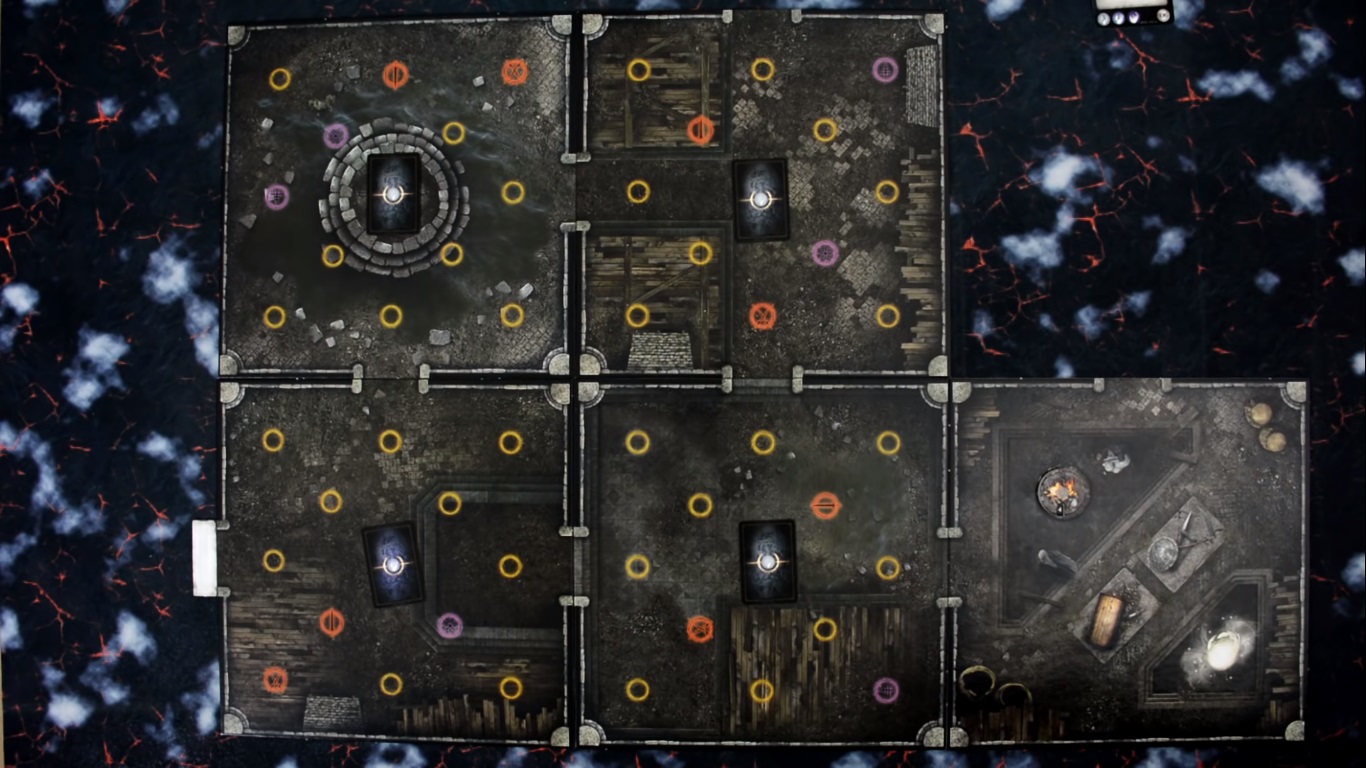
Step Six – Collecting Souls
If your character wins an attack against another then everyone will have to pay one Soul Level Point token in order to collect their souls which can be used for spells or abilities but keep in mind that some characters require more than others so don’t waste them on something useless.

After all of this has been done, pass both players’ hands and decks (including NPCs/bosses) over before starting a new round by drawing up cards from your own custom deck if they were not completely spent during combat and continue playing until every single player is dead! This might take a while…
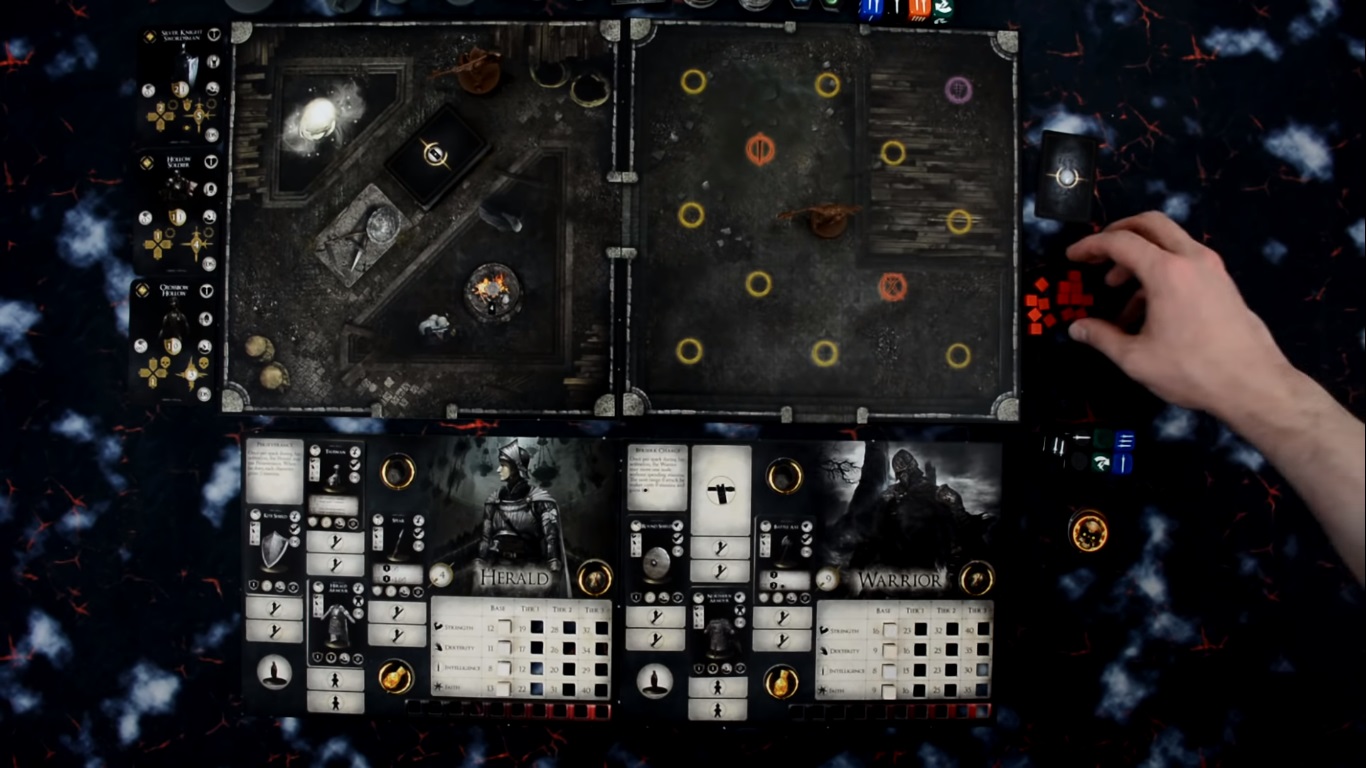
Tips for Playing Dark Souls
Keep Your Distance
While you won’t have to worry about this for bosses, it is best to keep your distance from most enemies until they are dead because their attacks will often deal damage based on how close you are standing. This means that if someone has a halberd then only stand next to them during battle if absolutely necessary or else take the time to move away before striking instead of taking chances with your own life!
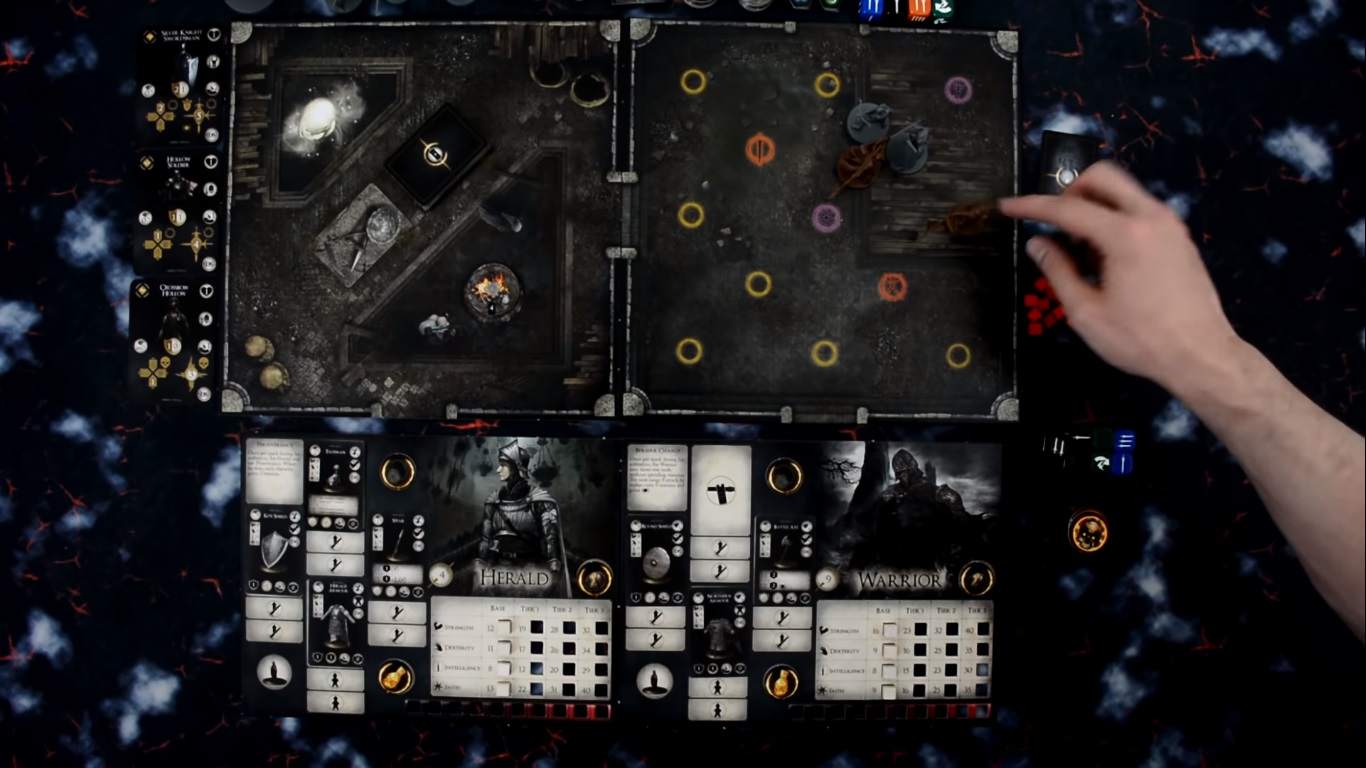
Focus On One Enemy At A Time
This is especially true against bosses who can absorb souls and buff themselves up by using other abilities first so make sure everyone takes turns attacking one enemy at a time in order to prevent things from getting too messy later on down the line. If there’s more than one then focus on the weaker ones first to keep things balanced!

Keep Track of Everything You Do!
Seriously, you need to pay attention here so that everyone is on the same page and follows what is stated in their own card text/abilities because some cards have certain effects they can only use once or twice before being discarded while others may cause an enemy’s attack to backfire if it misses its mark.

Again, this means you must be mindful of your character’s limitations as well as how much damage they are capable of doing during combat along with any advantages or disadvantages depending on who they are attacking. The last thing anyone wants is for someone else’s ability to cancel out another player’s weapon effect so always keep these things in mind!

Preparing Spells & Abilities In Advance
While it might be tempting to use a spell or attack as soon as you can, try not to do this until the last possible moment because there is a chance that another player will play their own card and cancel out what your character plans to do. This also applies for keeping track of Ranged attacks which cannot target close-range enemies unless stated otherwise so if someone tries pulling off something like this then make sure they know how far away from them they need to stand before attacking next time around instead of wasting an action point on nothing.

Again, pay attention here or else everyone fails together at making any progress during battle! There are no second chances in Dark Souls so don’t let this happen to you!

Wielding a Weapon & Equipping Armor
This is where things can get complicated as there are several different armor and weapon types that need to be wielded for each character. In the case of weapons, some require two hands while others may come with their own set of rules regarding things like weight/damage which will affect your stats accordingly.

As far as equippable items go, these range from rings which provide additional benefits such as increasing your maximum health or restoring it every turn to armor pieces which are often weak against certain types of damage so try not to use these unless you have no other choice otherwise enemies will make quick work of the rest of you. There is a chance that some equipment may be cursed as well but if this happens then everyone needs to decide together who should take care of it next instead of letting someone else do it by accident!
Conclusion
There you have it, a quick guide to the Dark Souls board game along with everything else needed in order to make sure everyone can stay alive while making progress throughout this dangerous journey!
The key here is communication and teamwork so try not to be too greedy especially when it comes time for healing and reviving because there’s no point if one of your own sacrifices themselves in vain just before completing an important part of their mission. Again, communicate well and learn from every mistake that occurs then repeat what works best after each battle until someone finally manages to win instead of allowing another loss like last time around!
